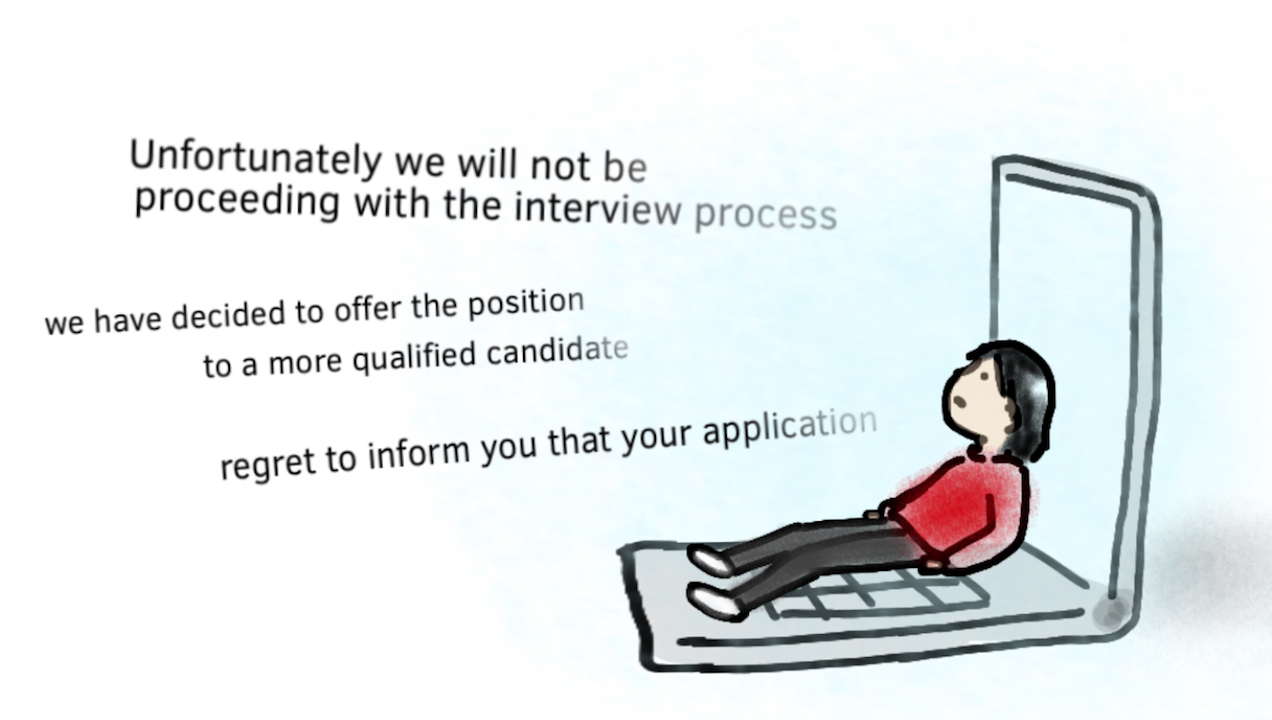Internships are invaluable to the student experience and can be a great way for students to gain work experience, develop their skills, and discover their interests in different companies and industries. Unfortunately, the pandemic has had damaging effects on the workforce in general and on students’ ability to find internships.
While I expected to land multiple internships in my time at U of T prior to the pandemic, it has been difficult to even get an interview now. Many students, myself included, view internships as an effective way to build a network, work on sought-after skills, and develop a relationship with companies they will be working with. The hunt for highly coveted internships was already difficult and competitive before the pandemic, but the effects of the pandemic have heightened this difficulty. Now, students need to be more than exceptional to receive the opportunity for an interview, let alone receive the position.
Many applicants, few spots
In April 2021, Statistics Canada reported employment falling by 207,000 jobs compared to the previous month, bringing the unemployment rate to 8.1 per cent. This increase in the unemployment rate, paired with the rise in COVID-19 restrictions, has left many businesses in a difficult position where they have had to make cuts to internship positions or simply discontinue them. Moreover, employment among youth in Ontario has been significantly affected by the pandemic — the number of employed youth aged 15 to 24 fell by 101,000 in April 2021. Short-term positions are not considered critical for many companies, and thus fewer summer internships are created.
What has always been an anxiety-ridden process has been amplified by the pandemic. The stressful period of applying anywhere and everywhere related to my field of study, only to find that my efforts were futile, has been discouraging. Many students keep receiving rejections, not knowing if they are missing things in their résumé, lacking experience, or if there are simply not enough spots.
A tough transition
Furthermore, the lack of internships caused by the pandemic has had prevalent effects on students who graduated in 2020 and 2021. They are stuck in an awkward position as they transition to the working world in a virtual environment.
A recent survey performed by Indeed, a popular website used for job listings, demonstrated that 62 per cent of new graduates looking for jobs who responded to the survey felt that it was harder to find work in the current job market compared to before the pandemic. Additionally, COVID-19 has changed the recruiting process and made most interviews take place online. This has changed the rules of etiquette in interviews, and introduced new difficulties such as making sure you do not interrupt someone during a zoom call or worrying about failing to accurately display appropriate facial expressions through the camera.
As an undergraduate student, I wonder if it will be difficult to secure internships going forward even after the market rebounds, and if my lack of ‘real-world’ experience will lower my chances of getting accepted to graduate programs or finding a career in my field of study after I graduate. This demonstrates the importance of networking in the workforce today. Spending the summer reaching out to professionals in fields and positions who can provide advice and insight for students and recent grads that are relative to our fields of study is incredibly important.
Missed networking opportunities
Compared to the graduating class of 2020, students graduating in 2021 are entering the workforce during a time of increased vaccination rates and businesses that are adapting to change. This means that there will be more jobs available.
There are a number of opportunities available on LinkedIn, but as a student, I receive little response from employers. The fact that the hunt for internships is difficult is not a figment of our imagination. Despite the surge in jobs, the class of 2021 will face competition from graduating students in their own class and from the previous year. Given that the majority of internships and jobs are gained through networking, those who are wealthier and have a larger personal and parental network will most likely fill these open positions.
Taking advantage of university resources
Instead of stressing over not having an internship this summer, it’s worthwhile to take advantage of U of T resources, such as the career learning network (CLNx). These resources can help with job searching, résumé review, networking, and preparing for future positions. The already established Work Study Program has undergone changes so that over 3,500 students can continue to participate in it, wherever they are located. The website also offers organized workshops, events, volunteer position opportunities, and off-campus job postings.
You can pair these opportunities and activities with a summer course, through the university or through websites such as Coursera or edX, as another way to develop important skill sets. Through these opportunities, as well as with active networking, you can still be productive during the summer. As a student taking summer school this year, I have found the experience to be helpful in learning the required skills for computer programming. Like many students, I am taking the time to reevaluate my shortcomings, and work on skills that would make me a more desirable hire, which is crucial to my career development.
While the university may have entered the pandemic blindsided and unprepared, it has provided a lot of help and opportunity for students feeling similarly. CLNx and the Student Life office have both helped soothe my anxiety surrounding my abilities to adapt to the ever-changing work environment invoked by the pandemic. As the vaccinations roll out and life returns to normal, the possibility for more work opportunities is looking exciting.


